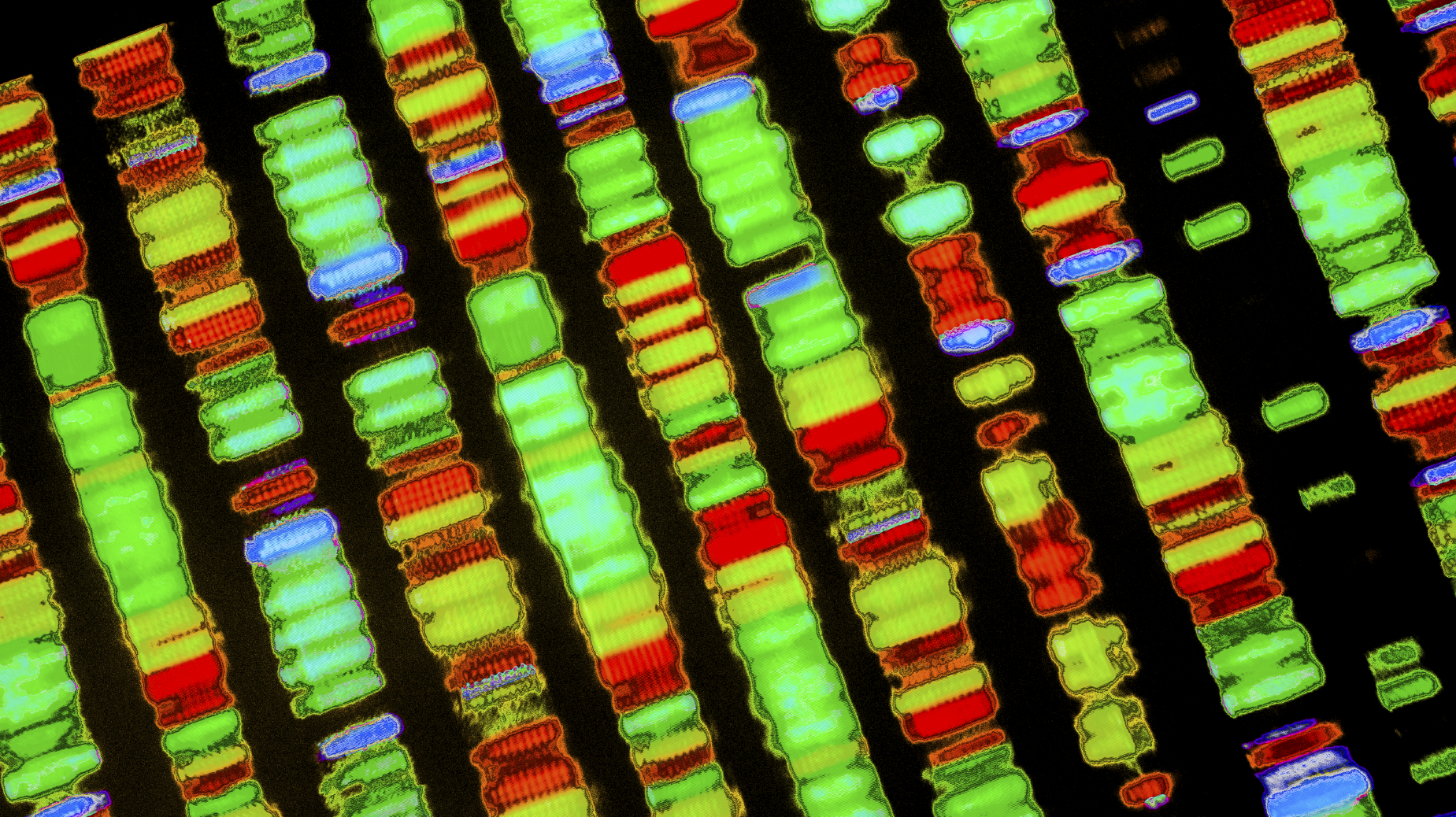Bayer teams with Leica for personalised cancer tests

Bayer is to collaborate with German medical device specialist Leica Biosystems in the creation of personalised cancer diagnostic tests.
The tests will be based on Leica’s RNAscope in situ hybridisation technology which screens cancer tissue samples for patient-specific treatment targets. The information obtained from these tests can help guide treatment decisions and effectively improve the probability of successful cancer therapy.
"We are looking forward to working with Leica Biosystems to develop companion diagnostic tests for our novel anti-cancer agents," said Andreas Busch, member of the Executive Committee of Bayer AG's Pharmaceuticals Division and Head of Drug Discovery. "This represents another important step for Bayer towards a more personalised approach in the fight against cancer."
Detecting RNA biomarkers from tissue samples is now widely used in the pharmaceutical and biotech industry. Leica’s RNAscope uses the same technology but provides a clearer detection of RNA biomarkers than most other techniques, according to the company.
RNAscope is the core of Leica’s BOND platform which delivers fully automated staining with high biomarker visibility, allowing for a greater possibility of improved diagnostics for each individual patient.
"The promise of personalised medicine relies upon high-quality diagnostic tests to identify the specific patient populations that are most likely to benefit from the therapy", said Jonathan Roy, Vice President of Pharma Partnerships at Leica Biosystems. "We are very pleased that this agreement with Bayer will help to expand our menu of companion diagnostic tests on the BOND technology and supports our overall mission of advancing cancer diagnostics for the benefit of patients and clinicians who care for them."
The new tests will also help improve Bayer’s own cancer trials which, alongside cardiovascular diseases, make up the bulk of Bayer’s current R&D pipeline. The company currently has 19 oncology drugs in development; eight in phase 1 trials, five in phase 2, and six in phase 3.
The company’s oncology drugs have had mixed success in 2016, at least in the UK. Xofigo – the company’s radium-223 injection – was given final recommendation by NICE in January and soon joined the reformed Cancer Drugs Fund for the treatment of hormone-relapsed prostate cancer with bone metastases.
However, Bayer’s long-standing liver cancer drug Nexavar (sorafenib) is slated to be one of two drugs to be removed from the fund alongside Lilly’s Erbitux (cetuximab). Its removal will mean no other drug for advanced hepatocellular carcinoma will be available through the NHS.












